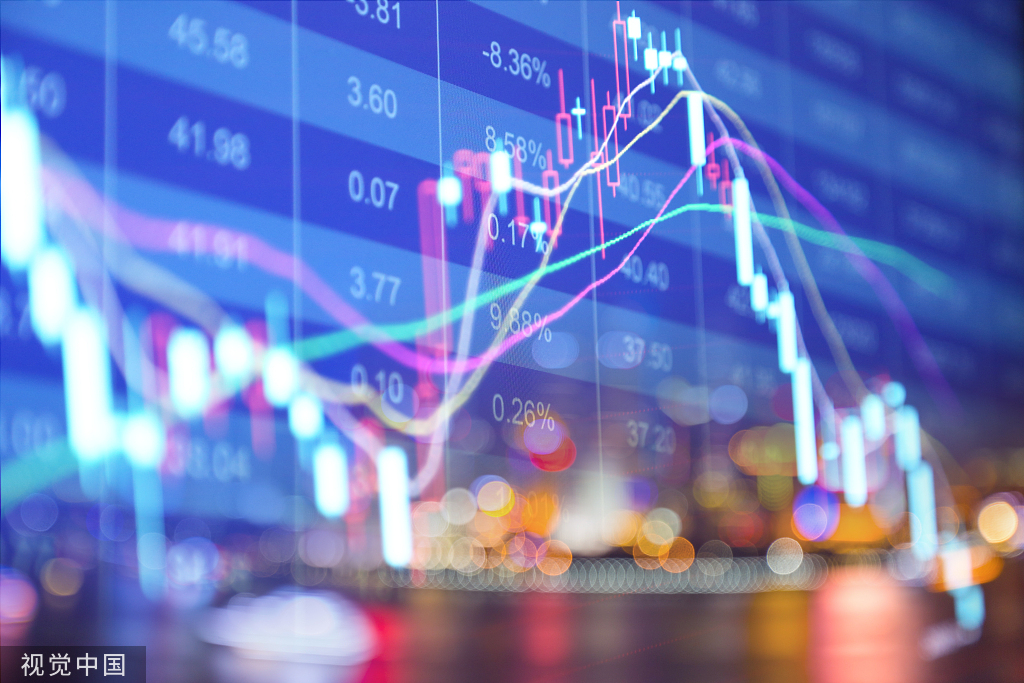Quant trading to be more effectively regulated
By SHI JING in Shanghai | China Daily | Updated: 2024-02-23 09:16

Experts and market mavens applauded regulators' recently adopted tighter grip over quantitative trading, saying that it is conducive to the stability of the A-share market, better safeguards retail investor interests and marks another major step forward concerning the maturity of the Chinese capital market.
Both the Shanghai and Shenzhen stock exchanges announced late Tuesday a three-day trading ban on Lingjun Investment. The two bourses accused Lingjun of selling off a large volume of A shares when trading began on Monday, coinciding with quick slumps for both the benchmark Shanghai Composite Index and Shenzhen Component Index.
Such sell-offs have violated the exchanges' rules on quant trading that program-trading must not endanger exchange systems or normal trading order and are thus considered abnormal trading, said the two exchanges.
Founded in 2014, Lingjun is one of China's largest quant funds with assets under management of over 60 billion yuan ($8.4 billion) as of the end of the third quarter.
Yang Delong, chief economist at First Seafront Fund, said that the market has expressed major concern over quant trading, as sudden large sell-offs usually exacerbate downward trends. The exchanges' latest measures help to further regulate quant trading, which are conducive to the sound development of the Chinese capital market over the long run, Yang said.
Investors should have more confidence, as some quality A-share companies, whose prices have been irrationally pulled down, may create investment opportunities, he added.
Quant trading uses mathematical models and programs to replace human beings to analyze securities prices and make investment decisions.
According to a report released by Guotai Junan Securities in early February, the size of mutual funds specializing in quant trading grew by nearly 67.4 billion yuan on a yearly basis in 2023 while another 3,077 quant trading products were released by private equity firms last year.
In general, quant trading is more favored by investors when actively managed funds stage less-than-stellar performance, said Guotai Junan analysts.
In early November, the China Securities Regulatory Commission, the country's top securities watchdog, said it will strengthen monitoring and analysis of quant trading — especially high-frequency trading — to better supervise the practice. In a work conference in late January, the CSRC stressed that it will further consolidate supervision, crack down on violations and protect investor interests.
Regulations on quant trading took effect on the Shanghai and Shenzhen bourses on Oct 9. The two exchanges admitted in reports simultaneously released late Tuesday that quant trading has helped to provide more liquidity and advanced price discovery. But they also pointed out that retail investors are disadvantaged vis-a-vis quant trading, especially high-frequency trading, in areas of technology, information and speed. Quant trading could result in even higher market volatility down the road.
International experience shows that regulators will adopt stricter supervision over quant trading, especially high-frequency trading, to avoid such technology-based trading activity exerting a negative impact on market order, said the two exchanges.
Therefore, the two bourses will further optimize the supervision mechanism, including regulating quant trading made by northbound investors — those who purchase A shares via the stock connect programs linking the Shanghai, Shenzhen and Hong Kong exchanges.
Liu Yuhui, a council member of China Chief Economist Forum, explained that the prevalence of quant trading in the United States can be mainly attributed to the fact that financial institutions make up most of the investors. They need quant trading to further stimulate liquidity. But they paid a price in 2020 for higher volatility resulting from trading strategies based on algorithms and mathematical models. US regulators have since stepped up supervision and restrictions related to quant trading, Liu said.
But retail investors make up most A-share trading activity. Prudence and strict supervision is needed for quant trading to protect investor interests, he added.
shijing@chinadaily.com.cn
























